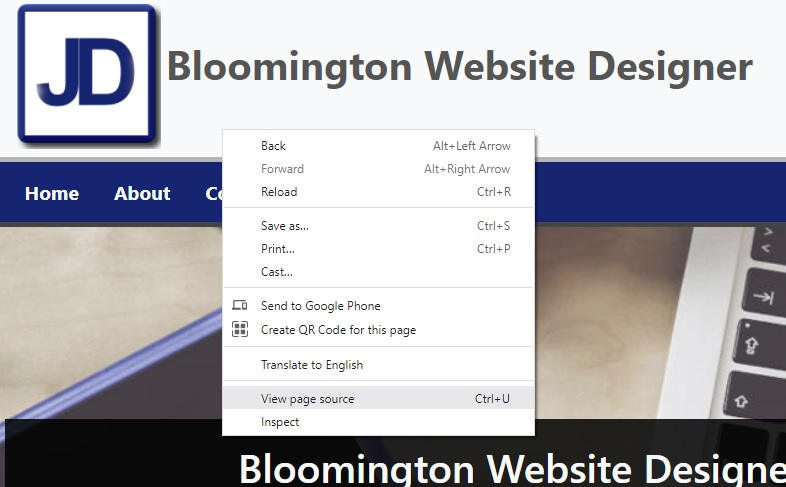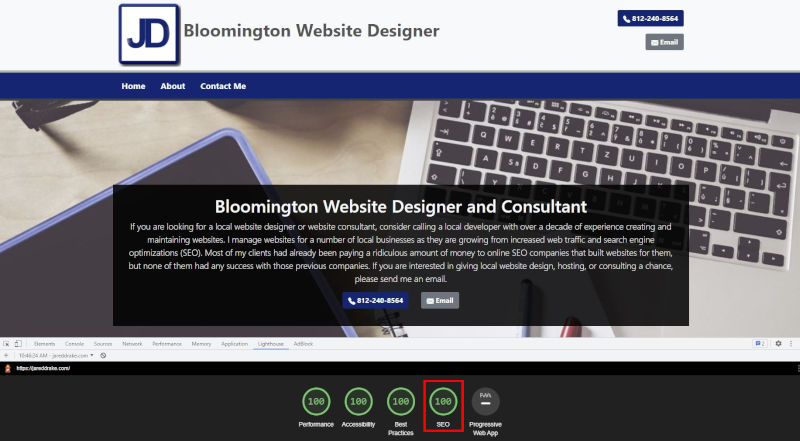What is SEO and How Does It Help My Business?
SEO stands for Search Engine Optimization, which likely doesn’t make it any more understandable to the average person. Search Engines are things like Google or Bing that you type words into and get results, which are aptly called search results. The reason optimization is included comes from knowing that we are still smarter than machines. Google certainly might seem to know a lot, but it can only know about things we tell it. The optimization comes in by telling Google or other search engines what it should know about your business in a clear and concise way.
As for why you should know about search engine optimization, great SEO drives more business to your website generating more revenue. Most business owners don’t have the time to invest in gaining knowledge in search engine optimization or have the time to maintain great SEO practices on their website. This is why if you have a website, you should strongly consider having an ongoing business relationship with a local website developer/consultant that has a strong understanding of this field.

I can’t possibly list all of the factors of how to make your website conform to modern SEO practices because the topic could consume more than a day of your time. However, I can provide several examples to give you some insights into how you can improve your business website so that Google understand more about your business.

A sizeable chunk of SEO relies upon the content on your website, but I should be clear in that this is in no means the end of optimizing your website for search engines. Most folks look at a website and see all of the pretty imagery and quality text, which are absolutely necessary for your visitors and the search engines to understand your business. While, I would argue this constitutes the largest factor of content related SEO, various “invisible” content search engine optimizations exist.
A webpage that you can see doesn’t mean that there isn’t more behind the scenes. Don’t believe me? In your browse (Google, Firefox, Internet Explorer), right click and look for an option like “View Page Source” and click it. Welcome to the world of HTML (mostly). This content provides structured data to the browser about how to render your page. Conveniently, most of these browsers also have search engines. Of course, this isn’t a coincidence and gives insights into how these search engines look at your website.
While I won’t dive into all of the particulars of this hidden information, you should look at making sure your webpage’s title and description match the actual content on the page. Additionally, arrangement and categorization of the content matters, for example heading give insights about the topic of the following text much like subjects do for emails. Images on the page not only provide visual aids, but also inform about content context with the name of the file or the alternative description in the event the image is unable to load.
Without trying to overwhelm you more, these example help illustrate that websites are more complicated than they seem when it comes to how search engines try to understand your company’s website. It’s a fantastic idea to give your friendly local website designer, developer, or consultant a call to talk about how you can improve your website’s SEO. As a final note, I really want to caution folks to be sure you talk to an experienced and local professional. I have had way too many clients learn SEO is a thing and understand they need to improve it only to hire a big company that promised to handle it, but did absolutely nothing. Unless they understand your business as well as a real local person would, their own purpose is to take your money. Spend your hard earned money on advertising before giving it to big unknown companies to improve your websites SEO or, better yet, hire a local website consultant!
